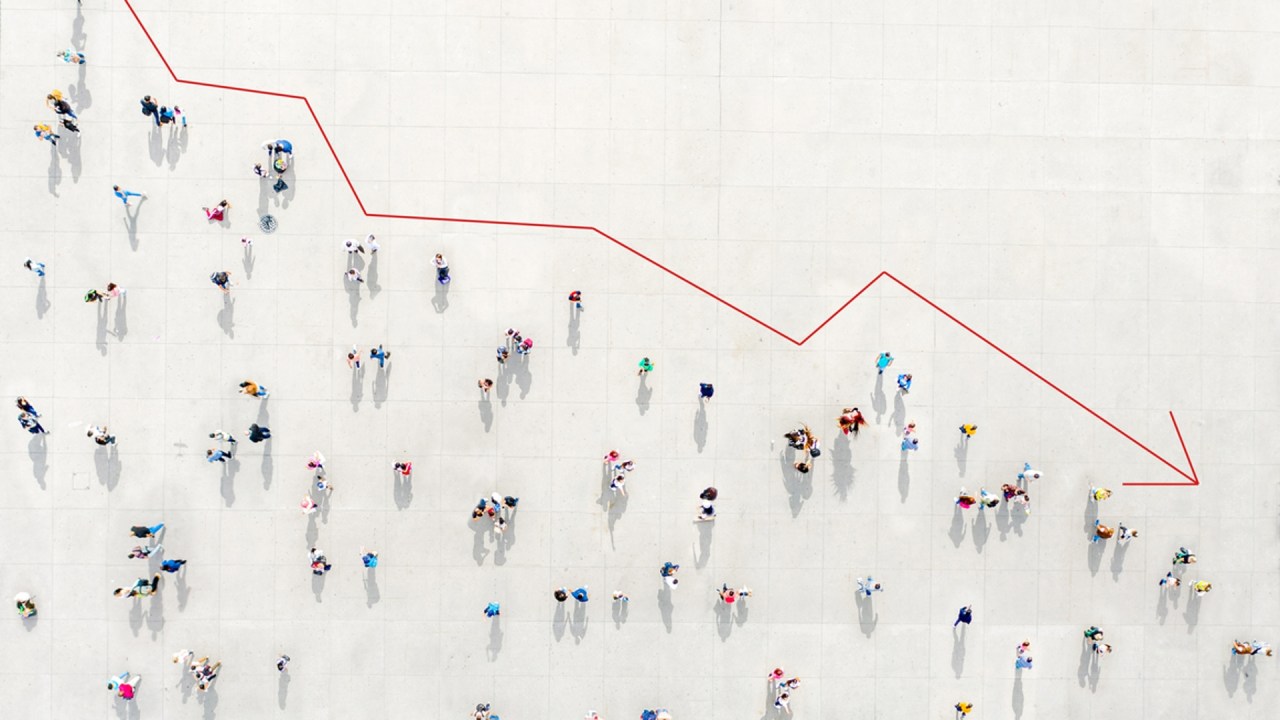Why do so many news outlets – the BBC in particular – prefer reporting grim worst-case scenarios made by mathematical models to more optimistic real-world data? The Today programme excelled itself again this morning by putting in its lead 8.10am slot a study by UCL and the London School of Hygiene and Tropical Medicine into the possible consequences of the Covid-19 epidemic on reopening schools. Many listeners will have picked up on, and gone away with, one simple message: that a second spike of Covid-19 next winter could be twice as large as the first. It feeds into the general paranoia of the past week, in which the Prime Minister and many others have interpreted an uptick in recorded cases of Covid-19 in many European countries as signs of the dreaded ‘second wave’.
The UCL paper, reported in the Lancet, uses a computer model called Covasim to model various scenarios regarding the government’s track and trace system. The model predicts that a second spike will be avoided if the system tests 65 per cent of people with Covid-19 and traces 68 per cent of their contacts – or if it tests 75 per cent and traces 40 per cent of contacts. On the other hand, a second spike, higher than the first, will occur if the system tests 18 per cent of people infected with Covid-19 and goes on to trace 68 per cent of their contacts. All the scenarios involved the full reopening of schools.
Does this modelling mean very much? Like all models, it is a crude approximation of the real world, which is only as good as the assumptions it makes. Moreover, there are many other factors which will influence whether we suffer anything resembling a second wave of Covid-19. The model makes assumptions, for example, about how many of us are susceptible to Covid-19. But we don’t really know this. Evidence from around the world suggests that some of us may have gained some degree of protection against SARS-CoV-2, the virus which causes Covid-19, through prior exposure to other coronaviruses. This possibly explains why the epidemic died away in badly affected places like London and New York once around 20 per cent of the population had been infected and has shown no signs of resurgence there.
The model also makes an assumption that people under the age of 20 are half as likely to transmit Covid-19 than people over the age of 20. Is that really the case? We don’t really know, but what data we have suggests that this may be a somewhat pessimistic assumption – an Icelandic study which sought to trace every known case of the disease in the country failed to find a single case where a child had passed the disease onto his or her parents. That was a fascinating piece of real-world data which I don’t recall being much reported at all – in spite of its huge implications for reopening schools.
What is certain, however, is that the UCL study will be used by the teaching unions in their efforts to frustrate the full reopening of schools. To judge by how other modelling evidence has been used throughout this crisis, the idea that reopening schools will cause a second spike worse than the first will suddenly become ‘the science’ – quoted by anyone who wants to exaggerate the epidemic and block the reopening of society.








Comments